TikTok CEO Chew Shou Zi will make his first appearance before the US Congress on Thursday to address lawmakers' concerns that the app gives the Chinese government access to US user data.

Mr. Chew Shou Zi and his wife. Photo: AFP
Last week, TikTok said the administration of US President Joe Biden had asked its parent company ByteDance to divest from the app or face a US ban.
With US-China tensions causing bipartisan opposition in Congress to the app’s existence in Washington, Mr. Chew is likely to face tough questioning when he testifies before the House Energy and Commerce Committee.
Reach for the top
Mr. Chew is a Hwa Chong alumnus who earned a degree in economics from University College London in 2006. He then worked at Goldman Sachs for two years as an investment banker before enrolling in the Harvard Business School MBA program.
There he met his wife, Vivian Kao, and got his first taste of tech as an intern at then-startup Facebook.
Mr. Chew then joined a venture capital firm and led the firm’s investments in Chinese tech giants such as JD.com, Alibaba, Xiaomi and then ByteDance.
In 2015, he joined smartphone company Xiaomi as chief financial officer and helped engineer one of the largest tech IPOs in Chinese history.
When ByteDance asked Mr. Chew to be its chief financial officer in March 2021, he accepted. Just two months later, he was appointed TikTok CEO. ByteDance founder Zhang Yiming has praised his “deep knowledge of the company and the industry.”
Later that year, Mr. Chew stepped down from his role at ByteDance to focus on leading TikTok as CEO.
"Symbolic role"
Mr Chew took over as CEO after the resignation of Kevin Mayer, the former CEO of Disney, an American who has faced increasing pressure from lawmakers over security concerns.
Sources told The New York Times last September that Mr Chew straddles the West and China, as he himself is a Singaporean, which provides a hedge against any possible pressure from China or the US.
“Mr Chew’s role can be seen as symbolic and non-confrontational,” said Alex Capri, a research fellow at the Hinrich Foundation and a senior lecturer at the National University of Singapore Business School. “Mr Chew’s nationality will have no impact on the fundamental issue facing TikTok, which is widespread distrust and concerns about data security and privacy when it comes to a Chinese company in the West.”
Mr Muhammad Faizal Abdul Rahman, a research fellow at the S Rajaratnam School of International Studies who studies geopolitical competition and digital technology, said the significance of Mr Chew's nationality may have been overstated.
“With his experience in the social media industry, business leadership and past at Chinese technology companies, it is no surprise that TikTok sees Mr. Chew as a good fit for the CEO position to help the company compete with Western rivals and increase market share and revenue,” said Mr. Rahman.
“What Mr Chew is experiencing reflects today’s reality where private multinational companies are increasingly drawn into international security issues and caught up in conflicts or struggles for influence among major powers,” he added.
The same New York Times report also cited unnamed former employees as saying that Mr. Chew’s decision-making power at TikTok was “limited” and that he was primarily concerned with “operational and financial” matters. However, Mr. Chew has been the voice of TikTok in recent months, giving media interviews and meeting with members of the US Congress.
Late last year, ByteDance also admitted that some employees had illegally accessed TikTok user data of two American journalists, as part of the company's investigation into the leak.
Incidents like these only make Mr. Chew’s job more difficult, and many lawmakers said after the meetings that there was nothing Mr. Chew or TikTok could say or do to allay concerns.
“Mr. Chew and I had a candid conversation,” Sen. Michael Bennet of Colorado said in a statement. Lori Trahan, a Massachusetts congresswoman, also praised Mr. Chew for having a more honest discussion than she has had with the heads of other tech giants. “It was a more honest conversation than any I have had with other American CEOs,” she said.
Will Chew solve the problem?
According to written testimony released by the House Energy and Commerce Committee, Mr. Chew will say on Thursday that TikTok, which has more than 150 million users in the United States, has never and will never share American user data with the Chinese government.
Mr Chew will also say that TikTok's parent company ByteDance is not owned or controlled by any government or state entity.
But Mr. Capri, the lecturer, pointed out that: “Even without a national security law, there is still bipartisan concern that sensitive data will be collected through other covert means.”
Capri added that it was “highly unlikely” that access to US user data could be completely blocked. “At a minimum, a third party would be required to segregate, fragment, and encrypt TikTok’s data and control all access to that data,” he said.
Could Mr Chew’s Singaporean roots provide some reassurance to lawmakers entrenched in the US-China divide? Capri said this would make for a less confrontational atmosphere in congressional hearings than an exchange between a Chinese citizen and US lawmakers.
But the issue now goes beyond one individual. It may be unrealistic and difficult to expect Mr Chew to bridge the gap between China and the US, experts say. The nationality of the CEOs makes little difference because the fundamental trust issue lies in the country that creates the technology.
Hoang Viet (according to NYT, CNA, Reuters)
Source



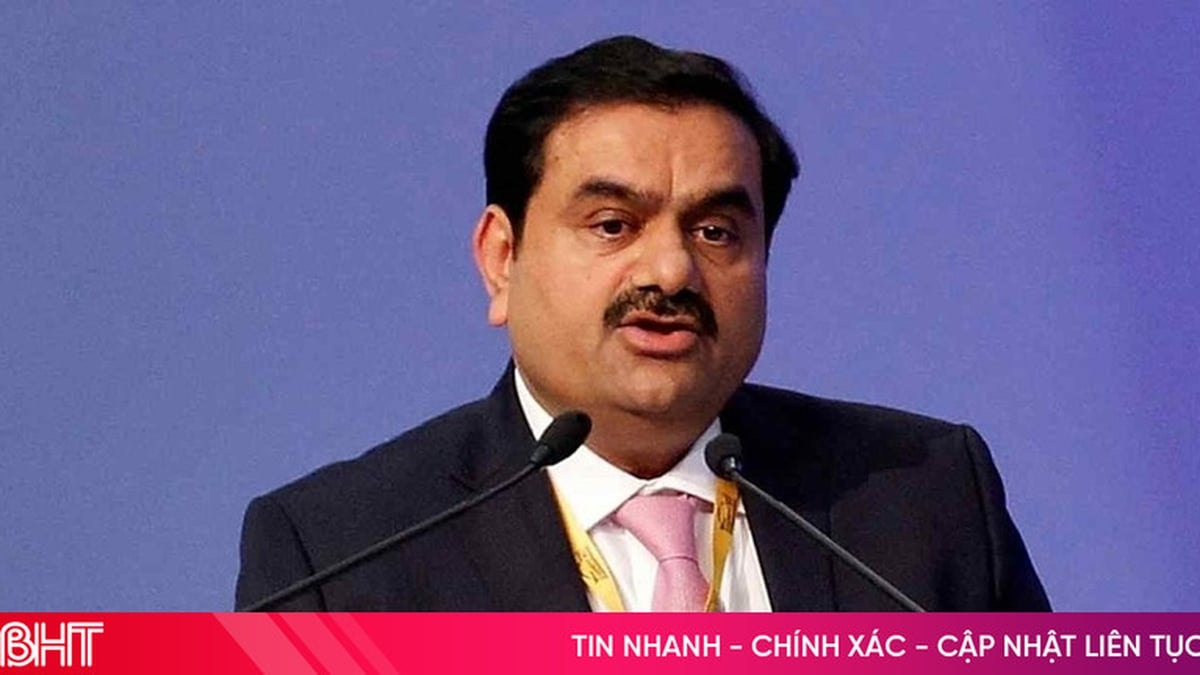

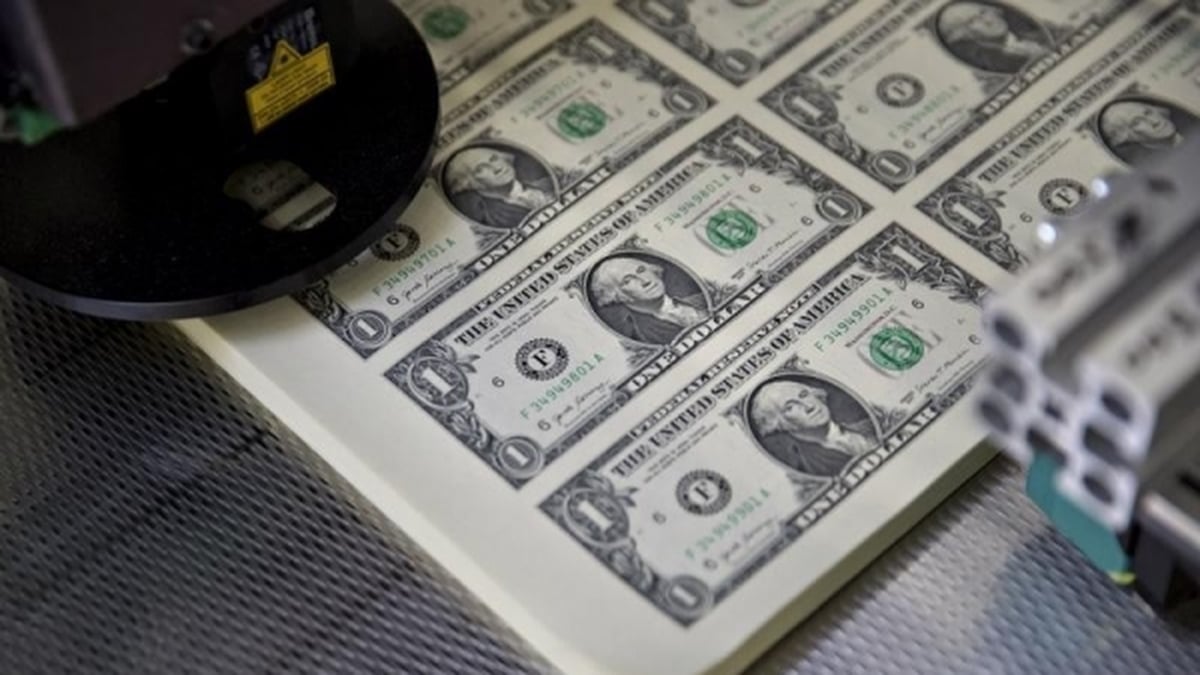
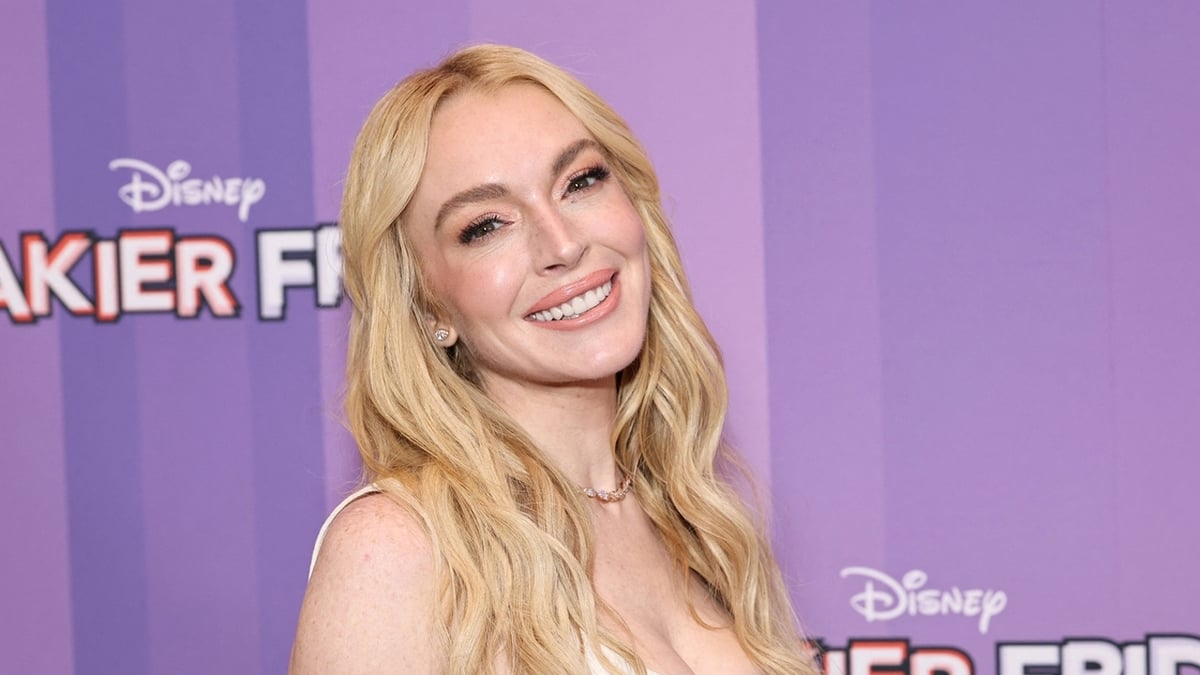
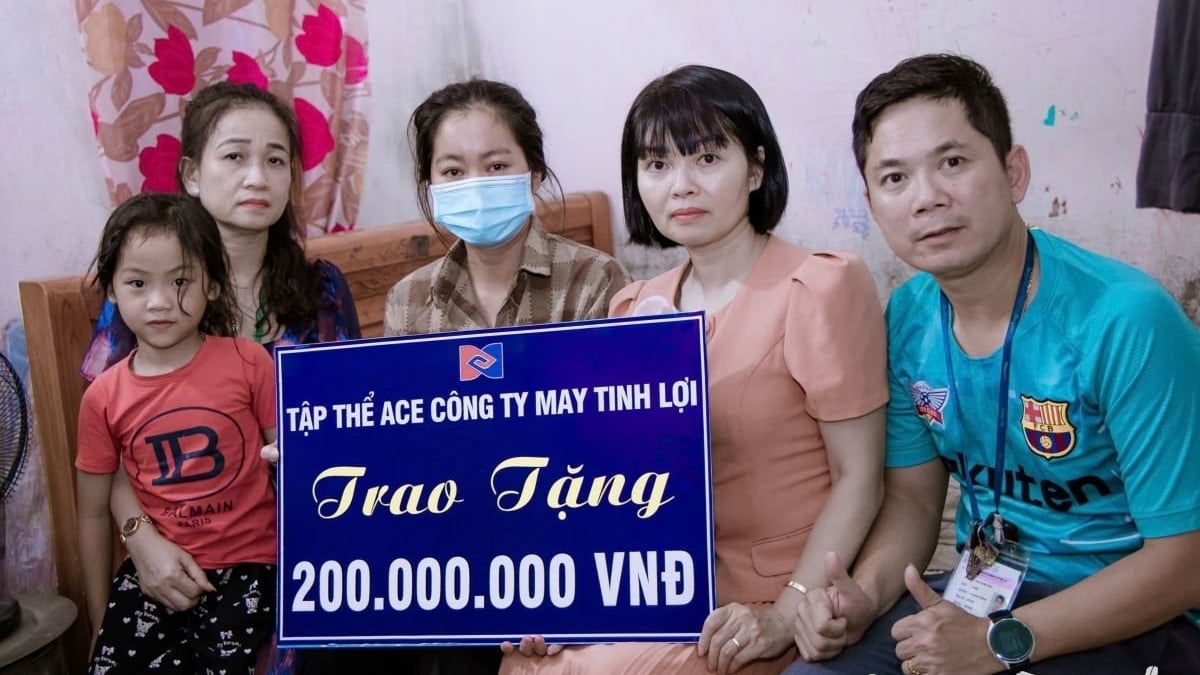

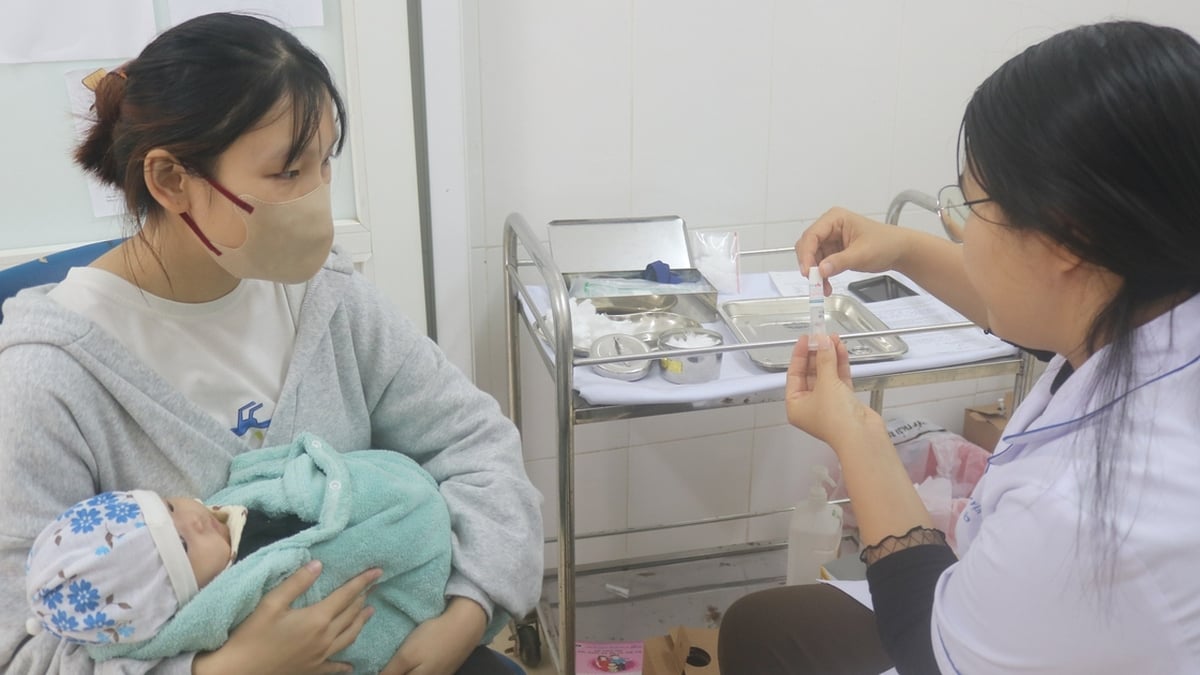














































![[Maritime News] Container shipping faces overcapacity that will last until 2028](https://vphoto.vietnam.vn/thumb/402x226/vietnam/resource/IMAGE/2025/7/30/6d35cbc6b0f643fd97f8aa2e9bc87aea)










































Comment (0)